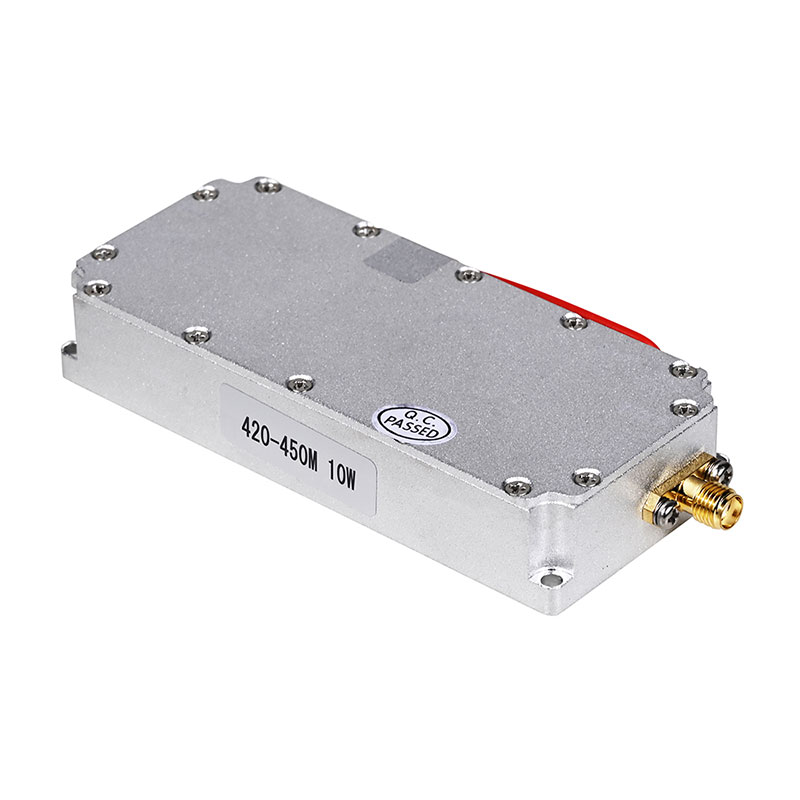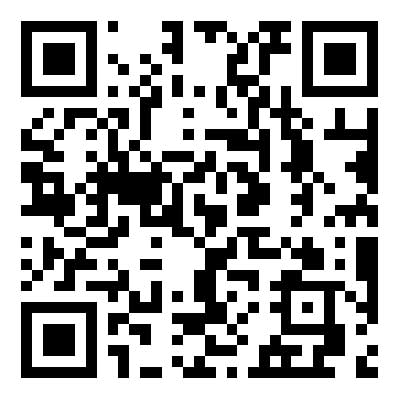Exploring the Versatile Applications of RF Modules
2024-07-05
In the realm of wireless communication, Radio Frequency (RF) modules are indispensable. These small devices enable wireless data transmission and reception, making them a cornerstone of modern technology. From everyday household gadgets to advanced industrial systems, RF modules find applications across various fields. This blog explores the common applications of RF modules and their impact on different industries.
What is an RF Module?
An RF module is an electronic device used to transmit and receive radio signals between devices. These modules operate on radio frequencies and are essential in facilitating wireless communication. They are typically composed of a transmitter, receiver, antenna, oscillator, modulator, demodulator, amplifier, and a microcontroller.
Common Applications of RF Modules
1. Remote Controls
- TV and Home Entertainment Systems: RF modules are widely used in remote controls for TVs, DVD players, and sound systems, allowing users to operate their devices from a distance.
- Garage Doors: RF modules enable wireless control of garage doors, providing convenience and security.
- Home Automation: In smart homes, RF modules control lights, fans, and other appliances, enabling automation and remote management.
2. Wireless Communication
- Wi-Fi Routers: RF modules are integral to Wi-Fi routers, providing wireless internet connectivity to devices such as smartphones, laptops, and smart TVs.
- Bluetooth Devices: From wireless headphones to keyboards and mice, Bluetooth technology relies on RF modules for short-range communication.
- Cellular Networks: Mobile phones and other cellular devices use RF modules to communicate with cell towers, facilitating voice calls, text messaging, and internet access.
3. Internet of Things (IoT)
- Smart Home Devices: RF modules connect various smart home devices, including thermostats, security cameras, and smart locks, enabling seamless communication and control.
- Wearable Technology: Fitness trackers, smartwatches, and other wearable devices use RF modules to sync data with smartphones and other devices.
- Industrial IoT: In industrial settings, RF modules are used in sensors and actuators to monitor and control processes, improving efficiency and reducing downtime.
4. Medical Devices
- Remote Patient Monitoring: RF modules are used in medical devices to transmit data from patient monitors to healthcare providers, allowing for real-time health monitoring.
- Wireless Medical Instruments: Surgical tools and diagnostic equipment often use RF modules for wireless operation, reducing the clutter of cables in medical environments.
- Hearing Aids: Modern hearing aids use RF modules to wirelessly connect to smartphones and other devices for improved user experience.
5. Automotive Industry
- Keyless Entry Systems: RF modules enable keyless entry and ignition systems in modern vehicles, enhancing security and convenience.
- Tire Pressure Monitoring Systems (TPMS): These systems use RF modules to transmit tire pressure data to the vehicle’s onboard computer, ensuring driver safety.
- Vehicle-to-Everything (V2X) Communication: RF modules facilitate communication between vehicles and infrastructure, improving traffic management and safety.
6. Consumer Electronics
- Smartphones and Tablets: These devices use RF modules for various wireless functions, including Wi-Fi, Bluetooth, and NFC.
- Wireless Speakers and Audio Systems: RF modules enable wireless audio transmission, providing flexibility and convenience in audio setups.
- Drones and RC Toys: Remote-controlled drones and toys rely on RF modules for wireless control and communication.
7. Security Systems
- Burglar Alarms: RF modules are used in wireless alarm systems to communicate between sensors and the central control unit.
- Surveillance Cameras: Wireless security cameras use RF modules to transmit video feeds to monitoring stations or cloud storage.
- Access Control Systems: RF modules facilitate wireless access control, allowing secure entry to buildings and restricted areas.
Conclusion
RF modules are versatile components that enable wireless communication in a vast array of applications. From enhancing home convenience to driving industrial efficiency and improving healthcare, RF modules play a crucial role in modern technology. As wireless communication continues to evolve, the applications of RF modules are expected to expand, driving innovation and connectivity across various sectors.



